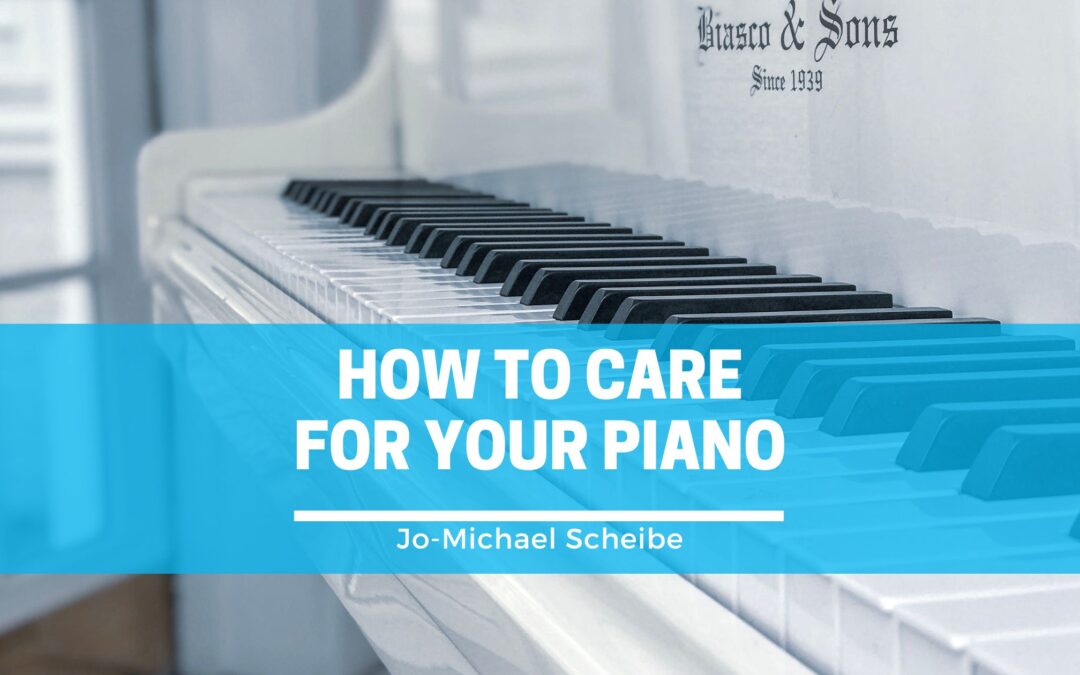Whether you are a professional pianist or an enthusiastic beginner, understanding how to care for your piano correctly is essential.
Placement and Environment
Choosing the right location for your piano is crucial. Avoid placing it near windows, doors, or areas with direct sunlight or extreme temperature fluctuations. Exposure to sunlight can cause wood to fade and warp, while temperature and humidity changes can affect the piano’s tuning and overall condition. Ideally, keep your piano in a room with stable temperature and humidity, away from drafts and excessive moisture.
Regular Cleaning
Regular cleaning is an integral part of piano maintenance. Dust and dirt accumulate on keys and other surfaces, potentially affecting the instrument’s sound and performance. Use a soft, lint-free device to gently clean the keys, taking care to avoid using excessive moisture. For stubborn stains or grime, lightly dampen the cloth with water or a specialized piano essential cleaner recommended by the manufacturer.
Tuning and Maintenance
Piano tuning is a critical aspect of piano care. The strings and components of a piano can naturally shift over time, causing it to fall out of tune. It is recommended to have a piano professionally tuned at least once or twice annually. Regular tuning ensures that your piano produces accurate and harmonious sounds and helps identify potential issues requiring maintenance or repairs.
Regulation and Voicing
In addition to tuning, regulating and voicing are essential maintenance tasks that contribute to your piano’s overall playability and tone. Regulation involves adjusting the piano’s mechanical components, such as the action and keys, to optimize touch and responsiveness. On the other hand, Voicing focuses on the tone and quality of sound. Professional piano technicians typically perform both regulation and voicing, which should be done periodically to maintain optimal performance.
Humidity Control
Proper humidity control is vital for the well-being of your piano. Extreme humidity levels can cause the wood to swell or shrink, leading to problems such as sticking keys or cracked soundboards. Invest in a hygrometer to monitor humidity. Maintaining a humidity level between 40% and 50% for optimal piano health. Consider using a humidifier or a dehumidifier to regulate humidity levels if necessary.
Avoiding Damage
Preventing damage is critical to caring for your piano. Avoid placing objects on the piano that could scratch or damage the finish. Never set drinks or liquids on or near the piano to prevent accidental spills. Keep pets away from the piano to avoid potential damage from their claws or fur. If you need to move your piano, consult a professional piano mover to ensure it is handled safely and correctly.
Professional Inspection and Repair
Regular professional inspections are essential to catch any potential issues early on. Have your piano inspected by a qualified technician every few years. A professional can identify and address any underlying problems before they worsen. If you notice any unusual sounds, sticking keys, or other issues with your piano, contact a piano technician for a prompt evaluation and necessary repairs.

